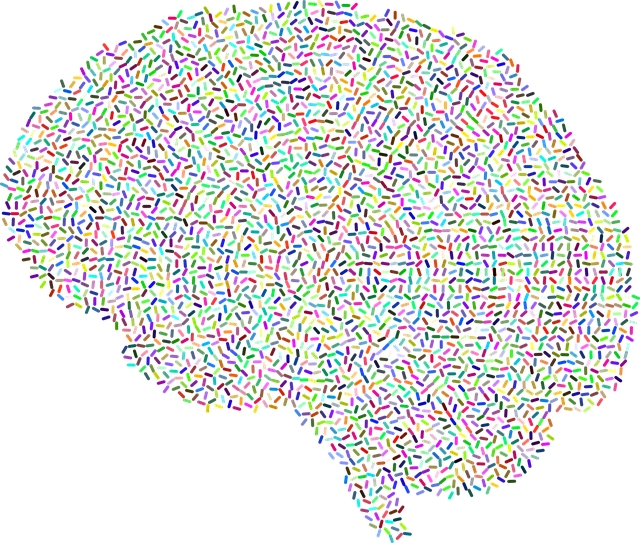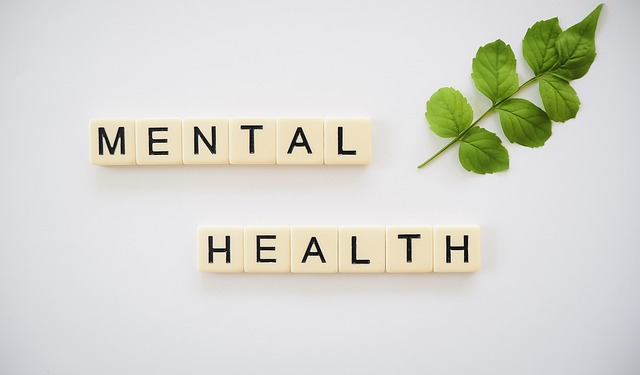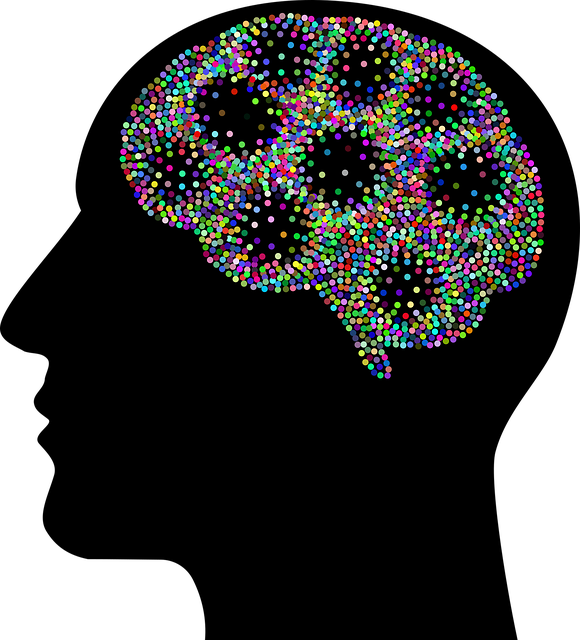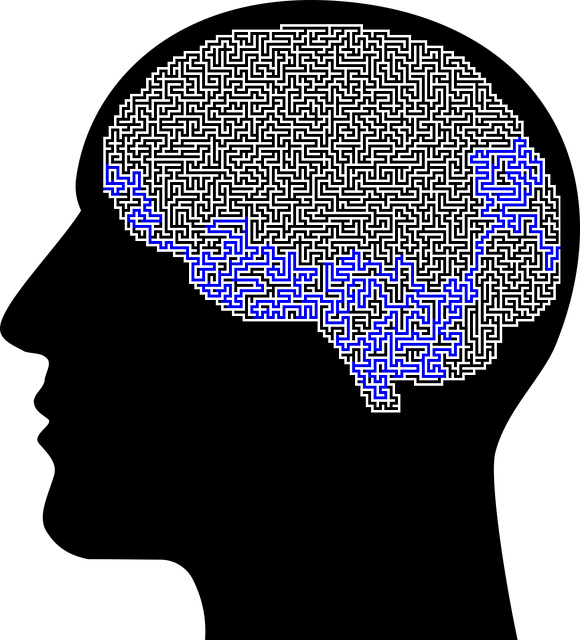In today's fast-paced world, mental health issues are on the rise across all demographics, highlighting a pressing need for comprehensive mental health education. Gaps in literacy, especially within communities lacking access to specialized services like Westminster Sexual Addiction Therapy, must be addressed. This involves understanding conditions, recognizing symptoms, and knowing when to seek help. Assessing existing education efforts reveals areas needing more resources to tailor programs addressing community-specific needs. Westminster Sexual Addiction Therapy offers a comprehensive Mental Health Education Program blending evidence-based practices and innovative teaching methods for emotional regulation, stress management, and positive thinking. Implementing this program requires strategic planning, crisis intervention guidance, multimedia resources, and empathy-building strategies to reach those in need effectively.
Mental health education is a vital step towards fostering well-being and breaking down stigma. This article explores the design of an impactful program, focusing on three key aspects: understanding the critical need for mental health literacy, structuring a comprehensive curriculum, and implementing effective strategies to reach individuals in need. By addressing these elements, we aim to provide a roadmap for creating engaging programs, such as those offered by Westminster Sexual Addiction Therapy, that can significantly improve community mental health outcomes.
- Understanding the Need: Identifying Gaps in Mental Health Literacy
- Program Structure: Creating a Comprehensive Curriculum for Effective Education
- Implementation and Support: Strategies for Success in Reaching Those in Need
Understanding the Need: Identifying Gaps in Mental Health Literacy

In today’s fast-paced world, mental health issues have become increasingly prevalent and impactful, affecting individuals across various demographics. This heightened awareness has led to a growing recognition of the need for comprehensive mental health education. One significant aspect that often demands attention is the gap in mental health literacy, especially within communities that may lack access to specialized services like Westminster Sexual Addiction Therapy. Mental health literacy involves understanding common conditions, recognizing symptoms, and knowing when and how to seek help. This knowledge empowers individuals to make informed decisions regarding their own well-being and support others effectively.
Identifying these gaps is crucial in designing impactful mental wellness coaching programs and crisis intervention guidance. By assessing existing mental health education efforts, we can pinpoint areas where more resources are needed. For instance, while mental health awareness campaigns have been successful in normalizing conversations around mental illness, there might be a lack of practical knowledge on effective coping strategies or local support systems available. Such insights inform the development of tailored programs that address specific community needs, ensuring that individuals receive the appropriate Mental Health Awareness resources and support to enhance their overall mental wellness.
Program Structure: Creating a Comprehensive Curriculum for Effective Education

A well-structured Mental Health Education Program is essential to fostering a deep understanding of psychological wellness and promoting positive thinking. At Westminster Sexual Addiction Therapy, we believe in creating a comprehensive curriculum that intertwines theoretical knowledge with practical application. Our program design focuses on providing a safe and supportive environment where participants can explore various aspects of mental health, including emotional regulation, stress management, and the power of Mind Over Matter principles.
By combining evidence-based practices with innovative teaching methods, our education programs offer an immersive experience. We structure sessions around interactive workshops, group discussions, and case studies to ensure active learning. This approach encourages participants to reflect on their own mental health journeys while gaining valuable insights into effective coping strategies. The curriculum is meticulously crafted to cater to diverse needs, ensuring that individuals leave with practical tools for enhancing their overall well-being.
Implementation and Support: Strategies for Success in Reaching Those in Need

Implementing a mental health education program requires strategic planning and support systems to effectively reach those in need. One key approach is integrating Crisis Intervention Guidance into the curriculum, equipping individuals with immediate coping strategies during distressing situations. This could involve workshops or modules focused on identifying signs of mental health crises, de-escalation techniques, and accessing available resources, including professional help like Westminster Sexual Addiction Therapy.
Additionally, leveraging multimedia resources such as producing a Mental Wellness Podcast Series can enhance program accessibility and engagement. Podcasts offer an intimate platform to discuss diverse mental health topics, share personal narratives, and present expert insights, fostering a sense of community and normalizing conversations around mental wellness. Incorporating these strategies, along with Empathy Building Strategies, can create a supportive environment where individuals feel understood and encouraged to prioritize their mental health.
Mental health education programs, such as those designed at Westminster Sexual Addiction Therapy, play a pivotal role in fostering communities that prioritize well-being. By addressing gaps in mental health literacy through comprehensive curricula and targeted implementation strategies, we can ensure that individuals have the knowledge and skills to navigate their mental health journeys effectively. Through dedicated education, we empower folks to seek support, promote self-care, and create a more compassionate and resilient society.











